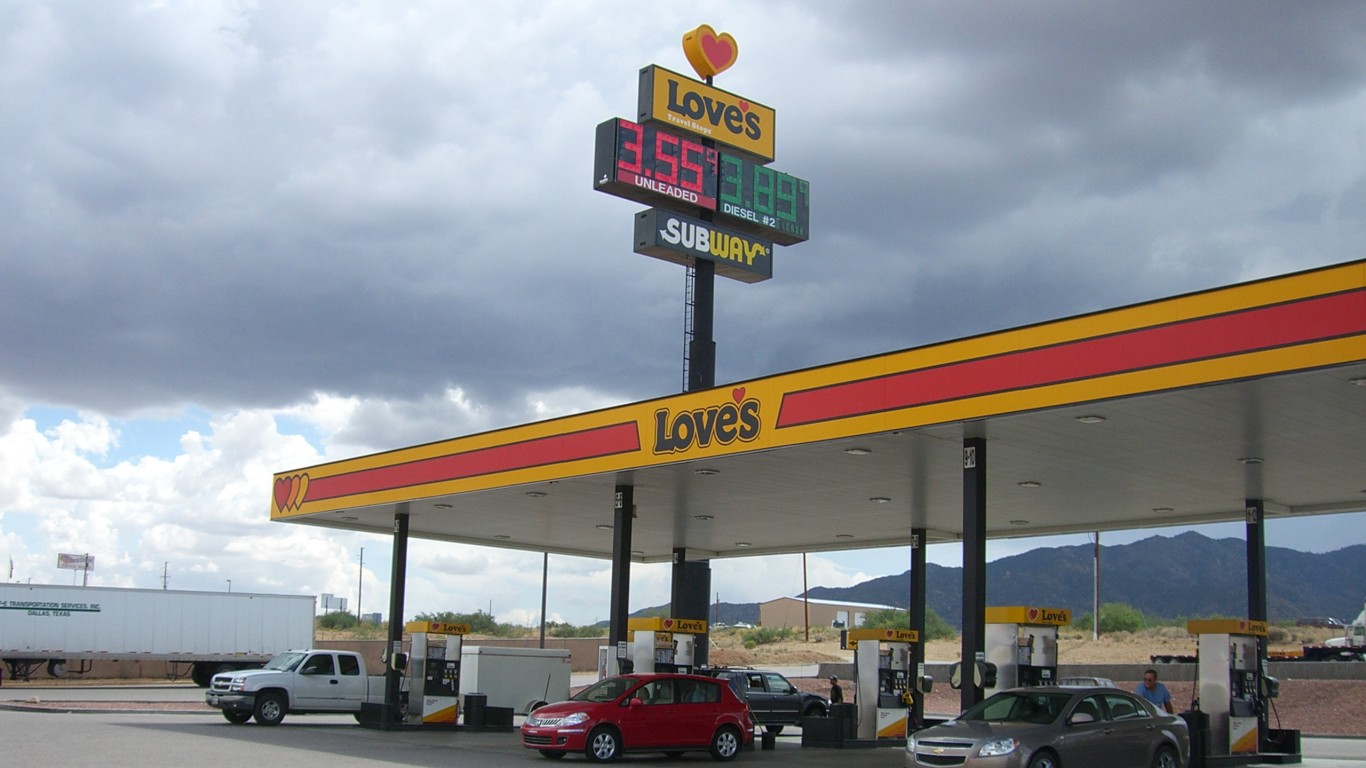Burning natural gas to power buses and trucks that once used diesel fuel reduces carbon dioxide emissions by 30%. Producing that natural gas, however, releases an amount of methane that more than negates the benefit of burning natural gas as a transportation fuel. Source: Thinkstock
Source: Thinkstock
Methane is 30 times more potent than carbon dioxide as a greenhouse gas, and the methane that leaks from wells, valves and pipelines is very likely doing more environmental damage than the good that is done by burning natural gas instead of diesel fuel. The data and the conclusion come from a report published Friday in the journal Science.
The report also notes that burning natural gas instead of coal is a different story. Coal produces about 50% more carbon dioxide when burned than does natural gas. Gas-fired power plants will emit less carbon over a 100-year period, even including the effect of the methane leaks.
The report recommends that oil and gas companies invest in technology to prevent methane from escaping both from new and existing wells, and that national regulation of methane emissions be adopted. The industry has resisted, saying that producers already are making changes to capture the escaping methane. And they may have a point. Methane is the money part of natural gas, and letting it escape into the atmosphere is not in a producer’s best interest.
The most prominent natural-gas-as-transportation-fuel proponent is T. Boone Pickens. Clean Energy Fuels Corp. (NASDAQ: CLNE), a company Pickens founded, sells both compressed natural gas (CNG) and liquefied natural gas (LNG) for the trucking industry and operates fueling stations in 32 states. The company’s market cap is $885 million, and the stock trades in a range of $9.20 to $14.82. It closed Thursday at $9.91.
Essential Tips for Investing: Sponsored
A financial advisor can help you understand the advantages and disadvantages of investment properties. Finding a qualified financial advisor doesn’t have to be hard. SmartAsset’s free tool matches you with up to three financial advisors who serve your area, and you can interview your advisor matches at no cost to decide which one is right for you. If you’re ready to find an advisor who can help you achieve your financial goals, get started now.
Investing in real estate can diversify your portfolio. But expanding your horizons may add additional costs. If you’re an investor looking to minimize expenses, consider checking out online brokerages. They often offer low investment fees, helping you maximize your profit.
Thank you for reading! Have some feedback for us?
Contact the 24/7 Wall St. editorial team.


